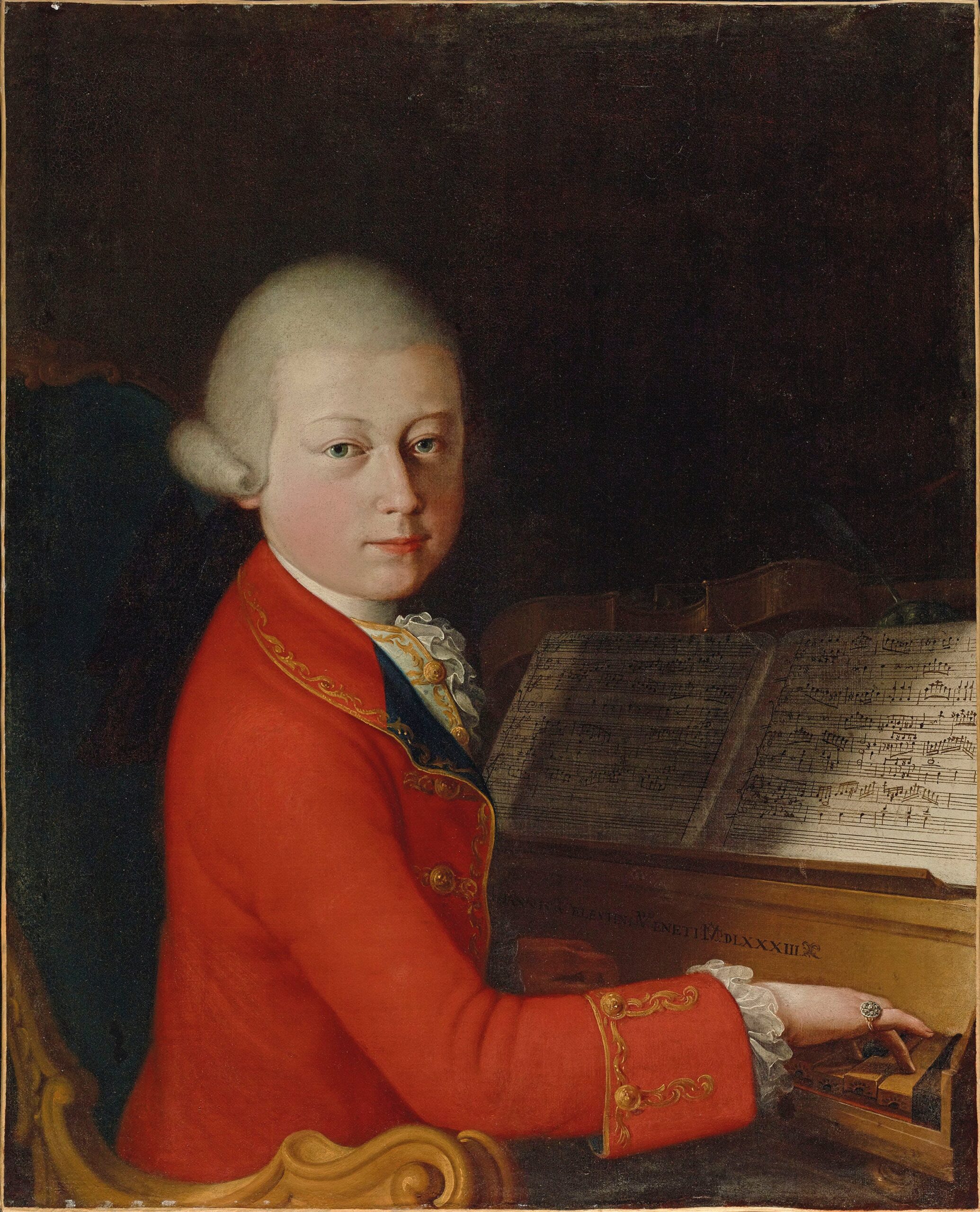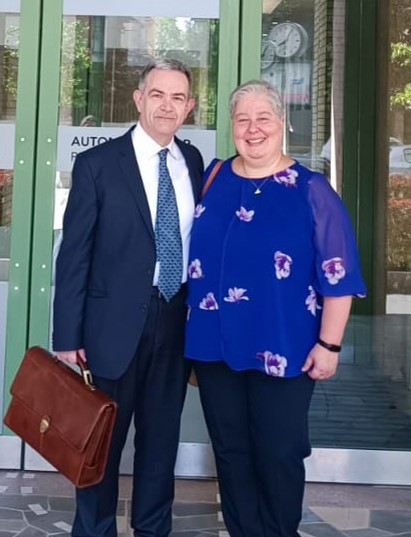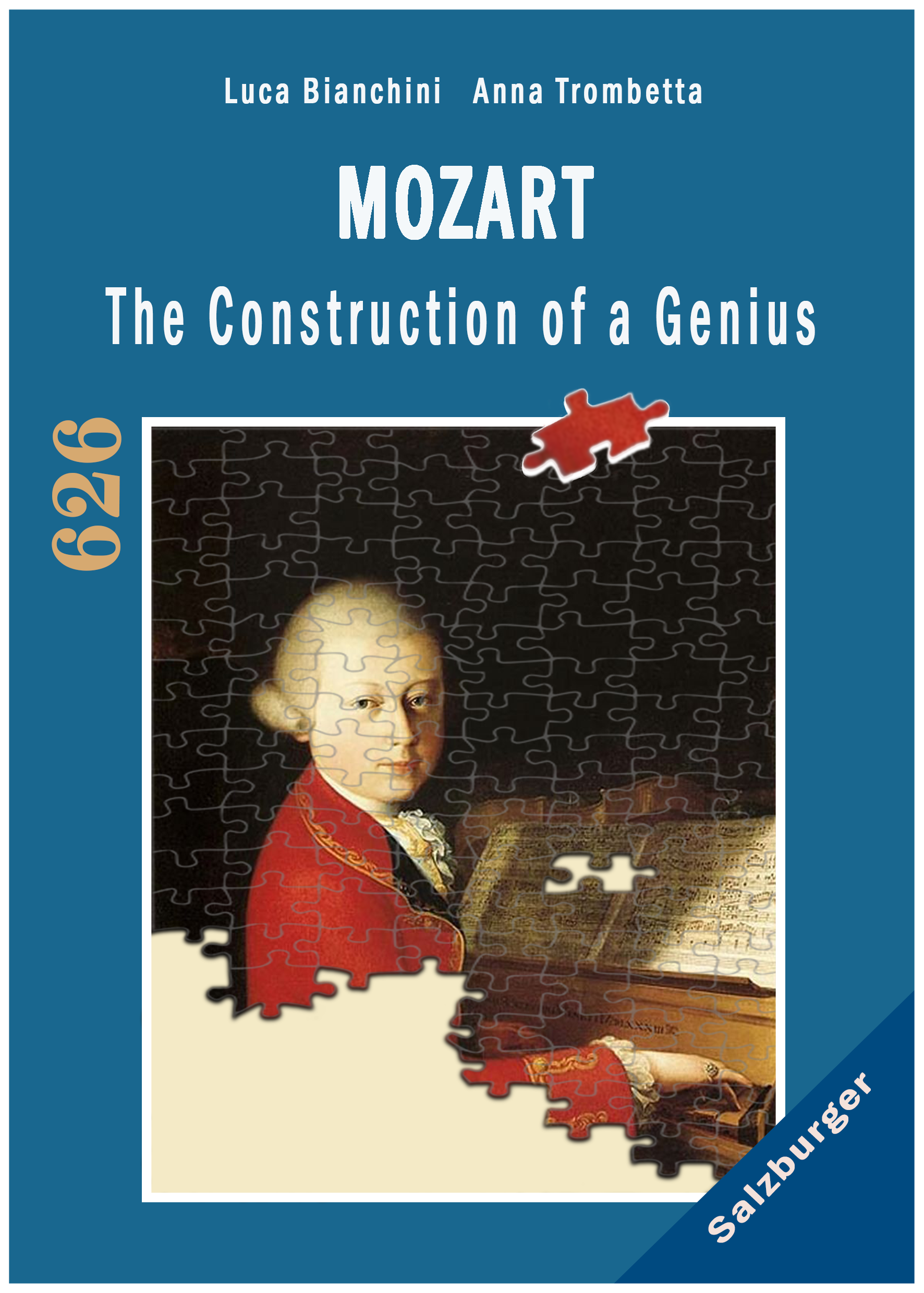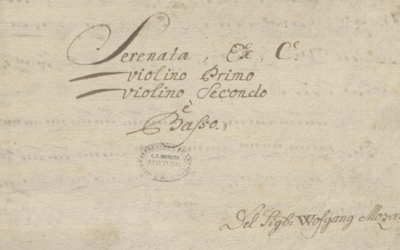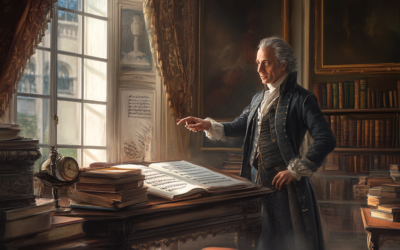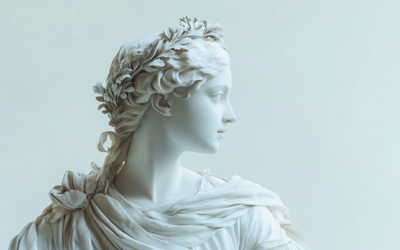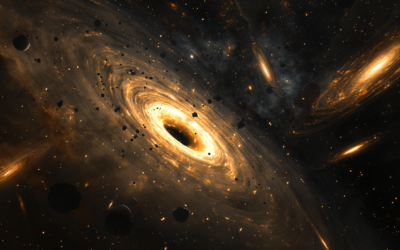the deconstruction of a myth
Mozart in Reverse
In the introduction to Mozart’s biography, penned by Constanze Mozart’s second husband, Nissen, it is surprisingly asserted that it’s preferable to conceal the truth, lest Mozart’s image be tarnished.
One does not want, nor can one publicly show their hero as he presented himself in the shadow of privacy; if he could be questioned, he himself would hardly admit it. He was and remains the master of his words, which he could have left unwritten and which he only wrote for the person with whom he wanted to confide. He had weaknesses, shortcomings, which he partly improved later and which one will not have the occasion to reveal. Through the whole truth, his fame, his esteem, and the impression of his works may be damaged.
Ultimately, we don’t believe in hiding the truth, and so we let the primary sources speak.
Who We Are
MozartrazoM is a project by musicologists Luca Bianchini and Anna Trombetta.
The site aims to challenge the traditional narratives surrounding Mozart and his family, offering a critical and often controversial perspective that contrasts with the mainstream glorification of the composer.
In addition, these pages also host some of the finest musicological and critical contributions from other authors who refuse to tell fairy tales and are dedicated to seeking the truth by rigorously investigating the sources.
L.Bianchini & A.Trombetta
Latest Articles
Mozart’s Serenade? A New Discovery? Really?
In Leipzig, what was thought to be a new autograph of Mozart turned out to be a questionable copy. Why are such rushed attributions so common for Mozart, and why is it so hard to correct them when proven false?
Mozart’s K 71: A Fragment Shrouded in Doubt and Uncertainty
Mozart’s K 71, an incomplete aria, is yet another example of musical ambiguity. The fragment’s authorship, dating, and even its very existence as a genuine Mozart work remain open to question. With no definitive evidence, how can this fragment be so confidently attributed to him?
Unpacking Mozart’s Early Education
The story of Ligniville illustrates the pitfalls of romanticizing Mozart’s early life and education, reminding us that the narrative of genius is often a construct that obscures the laborious aspects of musical development.
The False Sonnet of Corilla Olimpica
Leopold Mozart’s relentless pursuit of fame for his son Wolfgang led to questionable tactics, including fabricating a sonnet by the renowned poetess Corilla Olimpica. This desperate attempt to elevate Wolfgang’s reputation casts a shadow over the Mozart legacy.
Mozart’s K 73A: A Mystery Wrapped in Ambiguity
K.143 is a prime example of how Mozart scholarship has turned uncertainty into myth. With no definitive evidence of authorship, date, or purpose, this uninspired recitative and aria in G major likely originated elsewhere. Is it time to admit this is not Mozart’s work at all?
A Farce of Honour in Mozart’s Time
By the time Wolfgang Amadeus Mozart received the Speron d’Oro, the once esteemed honour had become a laughable trinket, awarded through networking and influence rather than merit. Far from reflecting his musical genius, the title, shared with figures like Casanova, symbolised ridicule rather than respect.
Events
No Results Found
The page you requested could not be found. Try refining your search, or use the navigation above to locate the post.
In the Spotlight
No Results Found
The page you requested could not be found. Try refining your search, or use the navigation above to locate the post.
What Experts Say
Martin Jarvis
professor
I am delighted that our research has provided evidence to support the proposition, made by Luca Bianchini and Anna Trombetta, that the Thematic Catalogue is not what it purports to be; we have concluded that it is a counterfeit document.
Alberto Basso
musicologist
In this field, driven by the enthusiasm of those who explore new worlds and are aware of the uncommon value of their work, the discoverers of that score, Anna Trombetta and Luca Bianchini, embarked on a broad-ranging research journey.
Edoardo Catemario
concert artist
With Mozart: The Fall of the Gods, you have completely changed my way of thinking
Roberto Piana
professor
What a fantastic evening! I was once again impressed by the deep expertise of Luca Bianchini and Anna Trombetta, and by their remarkable ability to clarify and simplify some of the most delicate and complex aspects of the Mozart story.
Roberto Piana
professor
I consider Bianchini and Trombetta among the most skilled and courageous truth-seekers in the field.

* By submitting this form, you agree to the processing of your personal data as described in our Privacy Policy

